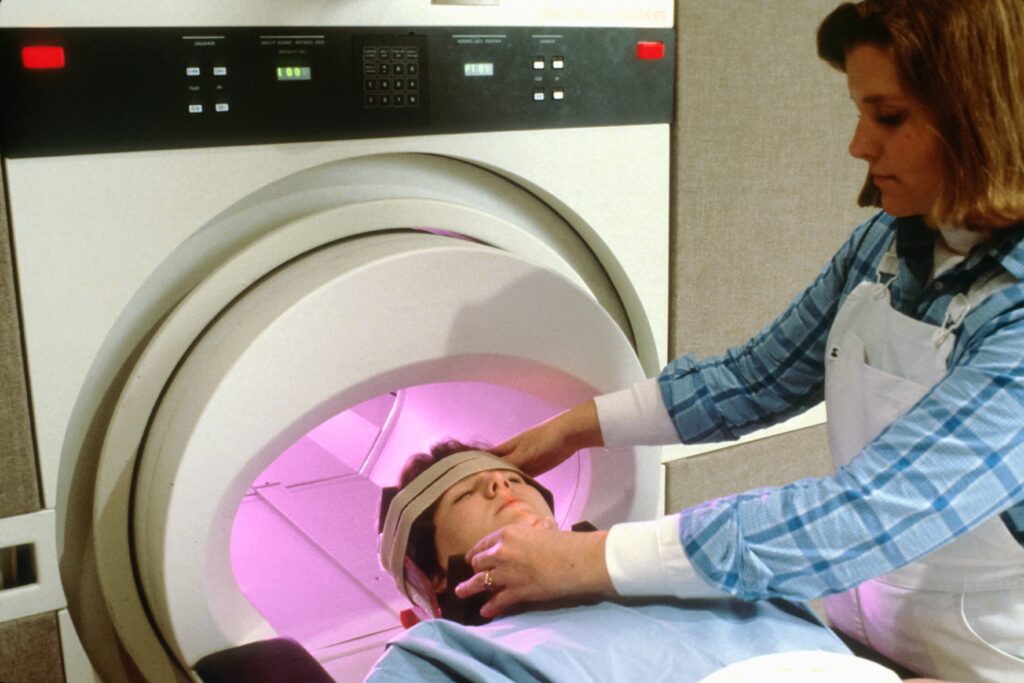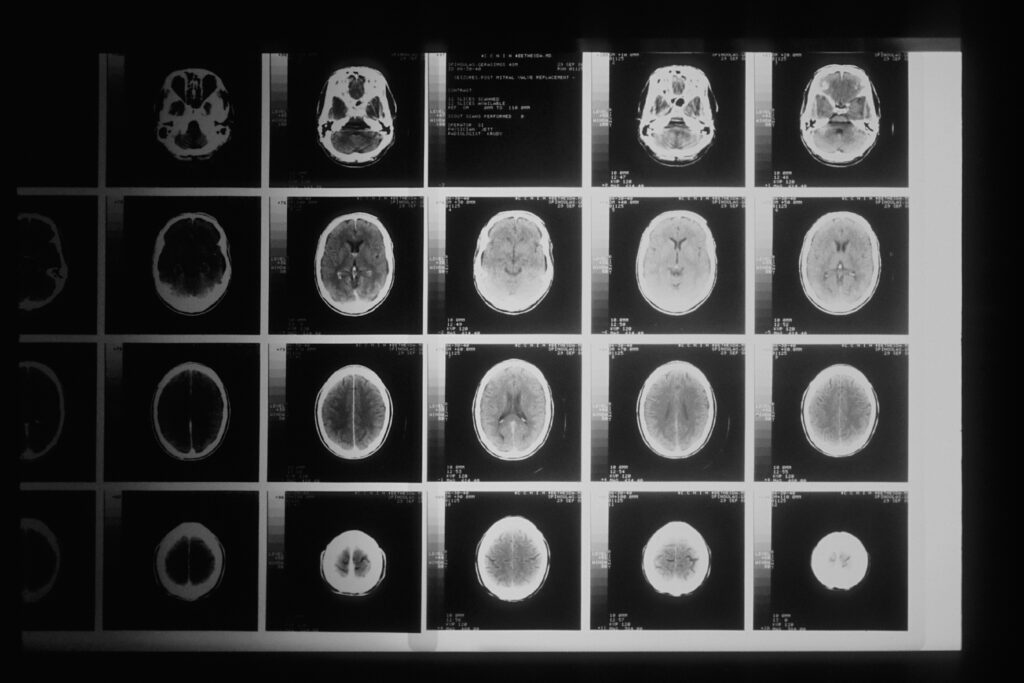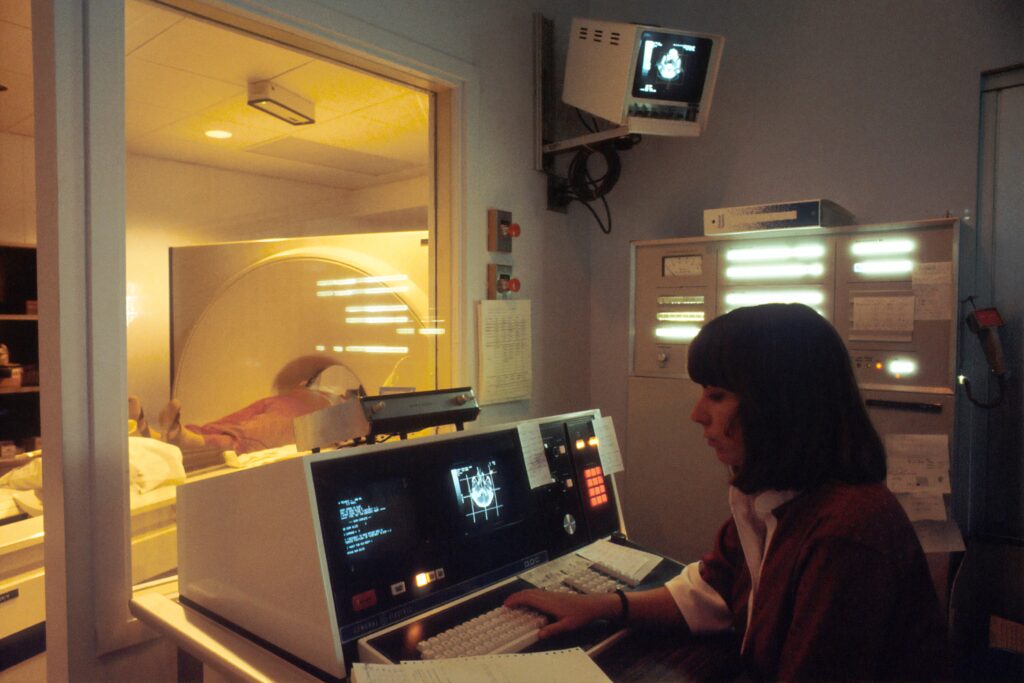Depression is a serious mental health condition that can have a significant impact on the lives of those who experience it. According to the World Health Organization, depression affects more than 264 million people worldwide. It is characterised by feelings of sadness and hopelessness, lack of energy and interest, and difficulties concentrating and making decisions. In this blog post, we will be exploring the causes, effects, symptoms, diagnosis, and treatment of depression. We will also be looking at the importance of seeking professional help when dealing with it.
Table of Contents
What is Depression?
Depression is a serious mental illness that can have a significant impact on one’s life. It is characterised by persistent feelings of sadness, hopelessness, and an inability to experience pleasure in once-enjoyable activities. Symptoms of it can include persistent low moods, feelings of worthlessness, and difficulty concentrating. Other symptoms may include changes in appetite, sleep disturbances, fatigue, and thoughts of death or suicide.
It is one of the most common mental illnesses, with an estimated 17.3 million adults in the United States experiencing it each year. It can affect anyone regardless of age, gender, or socio-economic status. Unfortunately, only about 40% of those affected get the diagnosis and treatment they need to recover.
Diagnosis usually involves an evaluation by a mental health professional such as a psychiatrist, psychologist, or licensed clinical social worker. The clinician will conduct a thorough assessment to determine if the individual is experiencing symptoms of depression. This evaluation typically includes a physical exam and a comprehensive review of the person’s medical history. Additionally, the clinician may order laboratory tests to rule out other medical conditions that could be causing the symptoms.
Treatment typically involves a combination of medication and psychotherapy. Antidepressants can help to reduce symptoms and provide relief from depression. Psychotherapy, also known as talk therapy, can help people better manage their thoughts, feelings, and behaviours associated with depression. In some cases, additional treatments such as electroconvulsive therapy (ECT) may be recommended.
By recognising the symptoms and getting the appropriate diagnosis and treatment, people can effectively manage it and lead healthy lives. With the right support system, people can take steps to prevent it from recurring in the future.


What are the causes of Depression?
It is a complex mental health disorder with many potential causes. Some of the most common factors contributing to it include biological causes, genetic factors, environmental factors, and lifestyle choices. Biological causes can include chemical imbalances in the brain, changes in hormones, or medical conditions.
Genetic factors play a role in one’s vulnerability to depression, meaning that if your family members have been diagnosed with it, you are more likely to develop it. Environmental factors can include certain life events such as job loss, relationship problems, and significant trauma. Lifestyle choices such as poor diet, lack of exercise, and substance abuse can also lead to it. It is important to understand the cause of it before seeking a diagnosis and treatment of it
The first step for diagnosing depression is for a person to go through an evaluation by a qualified healthcare professional. During this process, the person will answer questions about their symptoms and experiences, complete psychological tests, and provide information about their medical history.
A physical exam may be done as well to rule out any other underlying physical conditions. Once all this information is gathered, a diagnosis of depression can be made based on criteria outlined in the Diagnostic and Statistical Manual of Mental Disorders (DSM-5). Additionally, lab tests may be conducted to ensure there is no underlying medical condition causing the symptoms. After diagnosis, treatment plans including therapy, medications, or lifestyle changes can be tailored specifically to the individual’s needs.

What are the effects of Depression?
The effects of it can be devastating. While everyone experiences different levels of depression, some of the common symptoms can include feelings of sadness, hopelessness, lack of energy, lack of motivation, feeling overwhelmed, difficulty concentrating and making decisions, irritability, and changes in sleeping or eating habits. In severe cases, it can lead to thoughts or behaviours of self-harm. All of these effects can have a significant impact on a person’s relationships, work or school performance, and overall quality of life. It is important to seek treatment to help manage these effects and improve one’s mental health and wellbeing.
If you suspect that you or a loved one is suffering from it, it is important to seek professional help for a proper diagnosis . A doctor or mental health professional can assess whether the symptoms are due to depression or another condition and can recommend the best course of treatment.

How is depression Diagnosed?
The diagnosis is based on a combination of self-reported symptoms and an in-depth physical and psychological evaluation by a mental health professional. During the evaluation, the doctor will likely assess your mood, thoughts, behaviour, and any other symptoms you are experiencing. They will also ask questions about your relationships, home life, work life, and past medical history to gain a better understanding of your overall well-being.
When diagnosing depression, doctors usually look for the presence of five or more symptoms that have persisted for at least two weeks. Common symptoms include a persistent sad or anxious mood, loss of interest in once enjoyable activities, feeling overwhelmed, changes in appetite or weight, difficulty sleeping, fatigue, difficulty concentrating, thoughts of death or suicide, and feelings of guilt or worthlessness.
Your doctor may also consider other conditions that could be contributing to your symptoms, such as thyroid disorders, certain medications, substance abuse, or other mental health disorders. It’s important to talk openly and honestly with your doctor about any medical concerns and mental health issues you are experiencing.
Post-stroke depression (PSD) is a common and debilitating complication of stroke, affecting up to one-third of stroke survivors. The diagnosis of PSD is based on clinical evaluation and often requires the use of validated screening tools.
One commonly used tool is the Beck Depression Inventory (BDI), which is a self-report questionnaire that assesses the severity of depression symptoms. The BDI is a reliable and valid tool for assessing depression in stroke patients. In addition to the BDI, the Hamilton Depression Rating Scale (HAM-D) is also commonly used to assess depression severity.
Clinical evaluation for PSD typically includes a thorough medical history and physical examination to rule out other medical conditions that may be contributing to the patient’s symptoms. It is important to consider that some symptoms of depression, such as fatigue, may overlap with other post-stroke complications, such as post-stroke fatigue.
Neuroimaging studies, such as magnetic resonance imaging (MRI) or computed tomography (CT) scans, may also be used to evaluate the extent and location of brain damage caused by the stroke, which can help to understand the patient’s clinical presentation and inform treatment decisions.
Overall, the diagnosis of PSD requires a comprehensive clinical evaluation that takes into account the patient’s medical history, physical examination, and the use of validated screening tools. It is important to accurately diagnose PSD to provide appropriate treatment and improve the patient’s overall quality of life.



What are Treatments ?
When it comes to treatment, there are a variety of options available. The most important factor in finding the right treatment for you is working with your doctor or mental health provider to determine what works best for your individual needs.
Medication: For many people with depression, medication can be an effective way to manage symptoms. Commonly prescribed antidepressants include selective serotonin reuptake inhibitors (SSRIs), tricyclic antidepressants, monoamine oxidase inhibitors (MAOIs), and atypical antipsychotics.
Cognitive Behavioural Therapy (CBT): CBT is a type of psychotherapy that helps individuals recognise and change negative thought patterns and behaviours that contribute to their depression. This type of therapy focuses on identifying and solving problems and helps people learn coping skills to manage stress, anxiety, and depression.
Interpersonal Therapy: This type of therapy focuses on improving relationships with family and friends, which can help alleviate feelings of depression. Interpersonal therapy also teaches problem-solving skills and can help improve communication.
Alternative Therapies: There are a variety of alternative therapies that may be effective in treating it, including acupuncture, mindfulness meditation, yoga, biofeedback, and aromatherapy. It is important to discuss any alternative therapies with your doctor before trying them.
In addition to these treatments, lifestyle changes can also help manage the symptoms. Eating a healthy diet, exercising regularly, getting adequate sleep, limiting alcohol consumption, and engaging in activities that bring joy are all important factors in managing depression. It is important to seek professional help if you are experiencing any signs or symptoms .


What can be done to Prevent Depression?
Preventing it is not easy, but there are a few steps that can be taken to reduce the risk of developing it. The first is to make sure you are taking care of your physical health. Eating a balanced diet, getting regular exercise, and getting enough sleep can go a long way in helping to prevent it.
Second, it’s important to be mindful of your mental health. Regularly engaging in activities that make you feel good, such as spending time with friends, can help to boost your mood and use natural antidepressant techniques.It’s also important to reach out for help if you need it. Talking to a trusted friend or family member or seeing a mental health professional can help you to manage any stress or anxiety that you may be experiencing.
Finally, it’s important to focus on developing healthy coping skills. Learning new ways to deal with difficult situations or emotions can help you to find better solutions and maintain your mental well-being. Additionally, mindfulness activities such as yoga and meditation can help to reduce stress and increase self-awareness.
Taking these steps can help to prevent depression and allow you to live a healthier and happier life. Here are some ways to prevent depression and maintain your mental health.
- Practice self-care: Taking care of your physical and emotional needs is essential for maintaining good mental health. Make sure to eat a healthy diet, exercise regularly, get enough sleep, and engage in activities that you enjoy.
- Stay connected with others: Social support is important for mental health. Stay in touch with family and friends, join a club or group that interests you, or volunteer in your community.
- Learn coping skills: Everyone experiences stress, but learning healthy ways to cope can help prevent depression. Practice relaxation techniques such as meditation or deep breathing, or talk to a therapist to learn new coping strategies.
- Manage stress: Stress can be a major trigger for depression. Identify the sources of stress in your life and find ways to manage them, such as delegating tasks, setting boundaries, or taking breaks when needed.
- Challenge negative thoughts: Negative thoughts can contribute to depression. Learn to recognize and challenge negative self-talk, and replace it with positive and realistic thoughts.
- Set realistic goals: Setting achievable goals can help you feel a sense of accomplishment and boost your self-esteem. Start with small, attainable goals and work your way up.
- Seek professional help: If you are experiencing symptoms of depression, it is important to seek professional help. A therapist or mental health professional can help you develop a treatment plan tailored to your specific needs.






Pingback: Boost Your Brain Power with Alpha Brain: A Review of the Popular Nootropic Supplement - HEALTHILY EVER AFTER